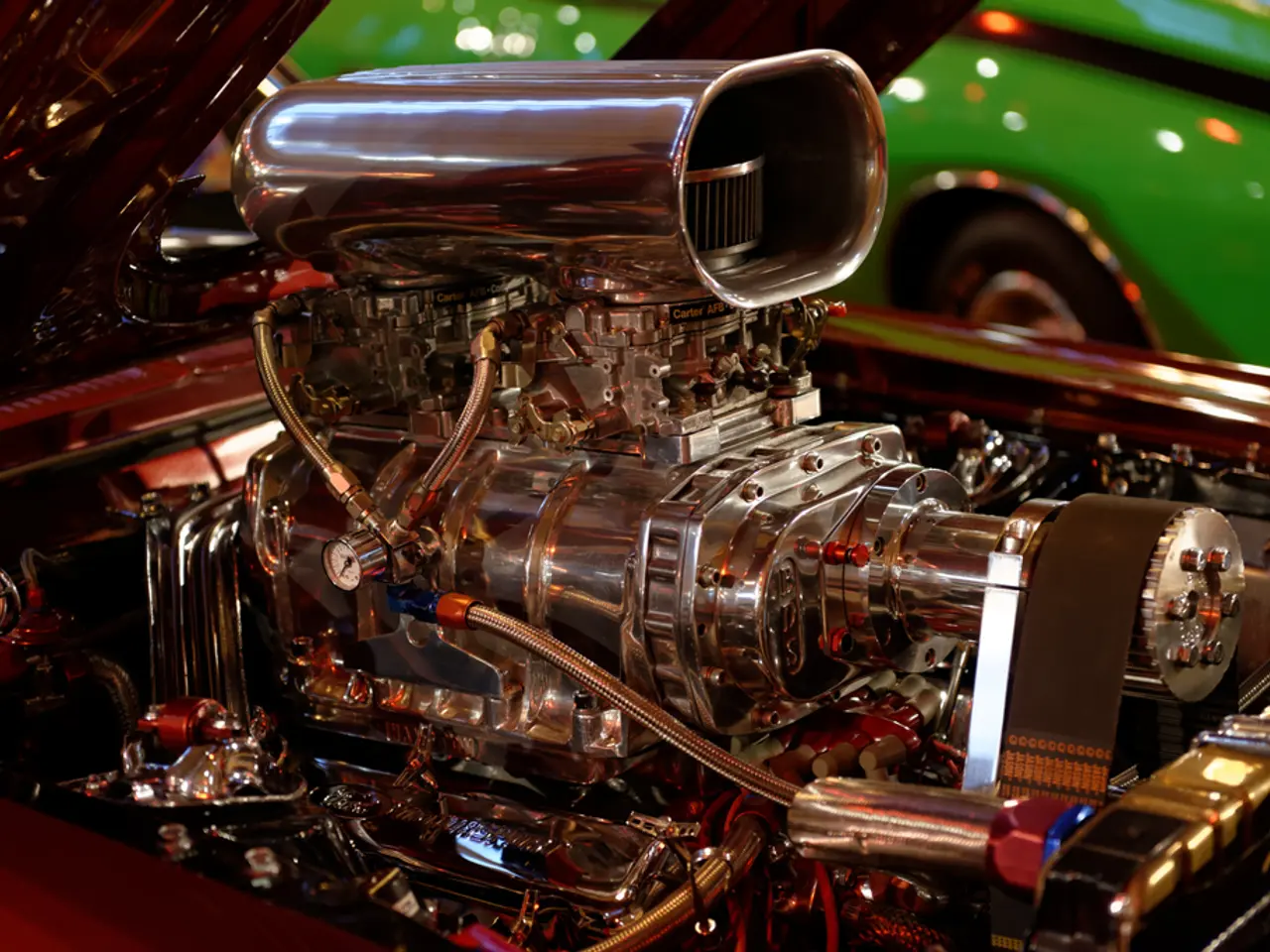Examination of Factors to Consider When Purchasing Pre-OwnedComponents
When it comes to maintaining your vehicle, buying used auto parts can be an excellent way to save money and still obtain high-quality components. However, this purchase requires care and an understanding of essential factors.
Key factors to consider include:
- Source and Supplier Reputation: Choose specialized or reputable suppliers who focus on your vehicle’s make and model, especially for precision brands like German cars (Audi, BMW, Mercedes, Volkswagen). Reputable suppliers maintain detailed inventories with part numbers, compatibility data, and condition histories, sometimes with warranties or return policies.
- Part Condition: Understand the condition classifications—“like new,” “slightly used,” “good,” “fair,” or “reconditioned.” Select condition types appropriate to your needs and budget. “Like new” or “reconditioned” parts typically offer a reliable balance of quality and cost savings.
- Compatibility: Verify the part matches your vehicle’s exact model, year, and specifications. Consult part numbers and compatibility information to avoid fitment issues.
- Material and Quality: Check the material of the part (steel, aluminum, fiberglass, plastic) matches original equipment or your performance needs. Consider the finish and durability to ensure long-term reliability.
- Warranty and Return Policies: Confirm the supplier offers clear warranty and return options in case the part does not fit or meet expectations, providing buyer protection.
- Price vs Quality Tradeoffs: Compare prices across sellers but avoid choosing solely on the lowest price. Prioritize parts that balance affordability with quality and reliability, especially for safety-critical components.
- Documentation and History: Especially for critical parts, ask for usage history, mileage, and maintenance records to judge wear and remaining lifespan.
In summary, selecting used auto parts with attention to specialized suppliers, verified compatibility, clear condition descriptions, quality materials, and protective warranties will maximize your chances of getting good-fitting, durable parts for your vehicle. This approach reduces risks associated with used components and often leads to significant cost savings over new parts.
Original parts guarantee a perfect fit and reliability, as they meet the same standards as the original equipment, but are often more expensive. Incompatible parts can pose safety risks and should be avoided. Some online shops offer helpful tools to check compatibility by entering your vehicle's data.
When buying used auto parts, it is crucial to inspect the part's condition for signs of wear, damage, cracks, or rust. A close look at the component can give an idea of whether it meets the requirements or if a better one should be sought.
Sellers with many positive reviews and a long history are generally more trustworthy. Caution is advised if the seller provides insufficient information or images about the condition of the part. If you choose to go with an aftermarket part, it's important to ensure it's from a reputable manufacturer to avoid any issues.
When considering original or aftermarket parts, the decision should be based on your specific needs and the part's compatibility with your vehicle. Compatibility with your vehicle is a significant factor to consider to avoid incompatibility issues that can lead to problems, poor performance, or complete malfunction.
The price-performance ratio is a crucial factor when buying used car parts. Not every cheap offer is a good deal, as a low price may reflect the poor condition or inferior quality of the part. With thorough preparation and the right approach, you can not only keep your car in good condition but also save costs in the long run, without having to compromise on quality.
- In the transportation industry, understanding the finance aspect is essential when buying used automotive parts, as it allows one to balance the cost with the quality and reliability of the components.
- The automotive sector, including finance and transportation, requires diligent research when purchasing used auto parts, as choosing a reputable supplier with a focus on your vehicle's make and model can guarantee the supply of high-quality, compatible components.






